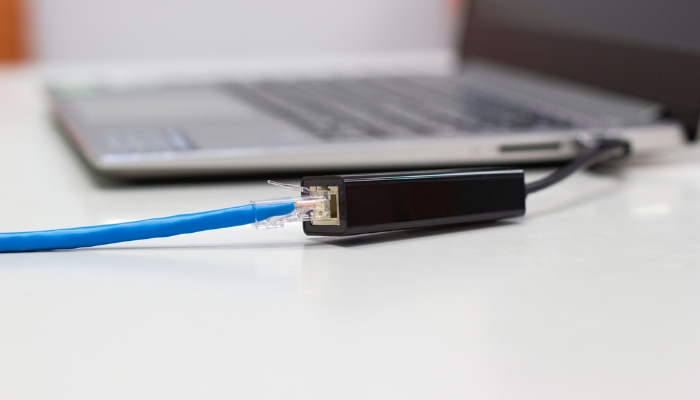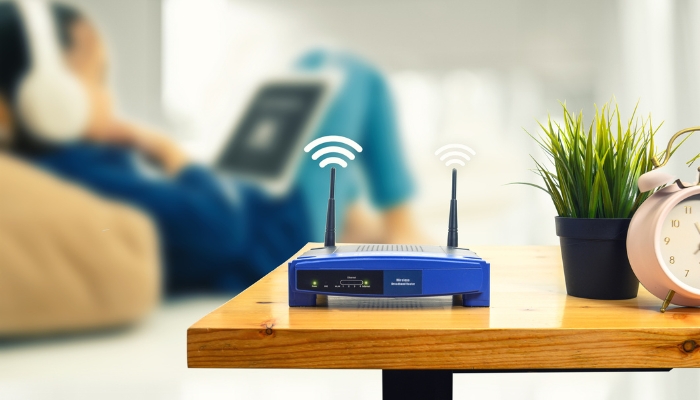The internet has become a necessity for our daily lives, whether it is for work, entertainment, or staying in touch with loved ones. With the advancement in technology, we now have the option to choose between hardwired and wireless internet. Both have their pros and cons and in this blog post, we will explore which one is better.
Hardwired Internet

Hardwired internet, also known as wired internet, uses physical cables to connect your device to the internet. This type of internet connection has been around for a long time and is reliable, fast, and secure. Hardwired internet is typically used for desktop computers, gaming consoles, and home entertainment systems.
One of the main advantages of hardwired internet is its speed. A wired connection can offer faster speeds and more reliable connectivity than wireless internet. Hardwired connections can handle large amounts of data without interruption, making them ideal for heavy internet users and gamers.
Another advantage of hardwired internet is security. Since the connection is physical, there is no need to worry about unauthorized access or interference from other devices. This type of connection also provides a more stable connection, which is essential for applications that require a stable connection, such as online gaming, streaming, or video conferencing.
However, the main disadvantage of hardwired internet is its inflexibility. You need to have a physical connection to the router, which means you cannot use it on the go. Additionally, if the cable is damaged, it can be challenging to fix, and you may need to hire a professional to repair it.
Wireless Internet

Wireless internet, also known as Wi-Fi, uses radio waves to transmit data between devices and the internet. Wi-Fi has become increasingly popular over the years and is commonly used in homes, offices, and public spaces. Wi-Fi is ideal for mobile devices such as laptops, tablets, and smartphones, as it allows users to move around freely while still being connected to the internet.
One of the main advantages of wireless internet is its flexibility. You can connect to the internet from anywhere within the range of the Wi-Fi signal, making it ideal for mobile devices. Wi-Fi also allows you to connect multiple devices simultaneously, making it ideal for households with multiple users.
Another advantage of Wi-Fi is its ease of installation. Setting up Wi-Fi is relatively easy, and most modern routers come with easy-to-use interfaces that guide you through the setup process. Additionally, Wi-Fi is more cost-effective than hardwired internet since there is no need to install cables or hire a professional.
However, the main disadvantage of Wi-Fi is its reliability. Wi-Fi signals can be affected by interference from other devices or obstacles, such as walls, which can result in slow speeds or disconnections. Wi-Fi signals are also vulnerable to hacking and unauthorized access, making them less secure than hardwired internet.
Conclusion
In conclusion, both hardwired and wireless internet have their advantages and disadvantages. If you require a stable and secure connection, hardwired internet is the better option. On the other hand, if you need flexibility and mobility, then wireless internet is the better choice. Ultimately, it comes down to personal preference and what you need the internet for.